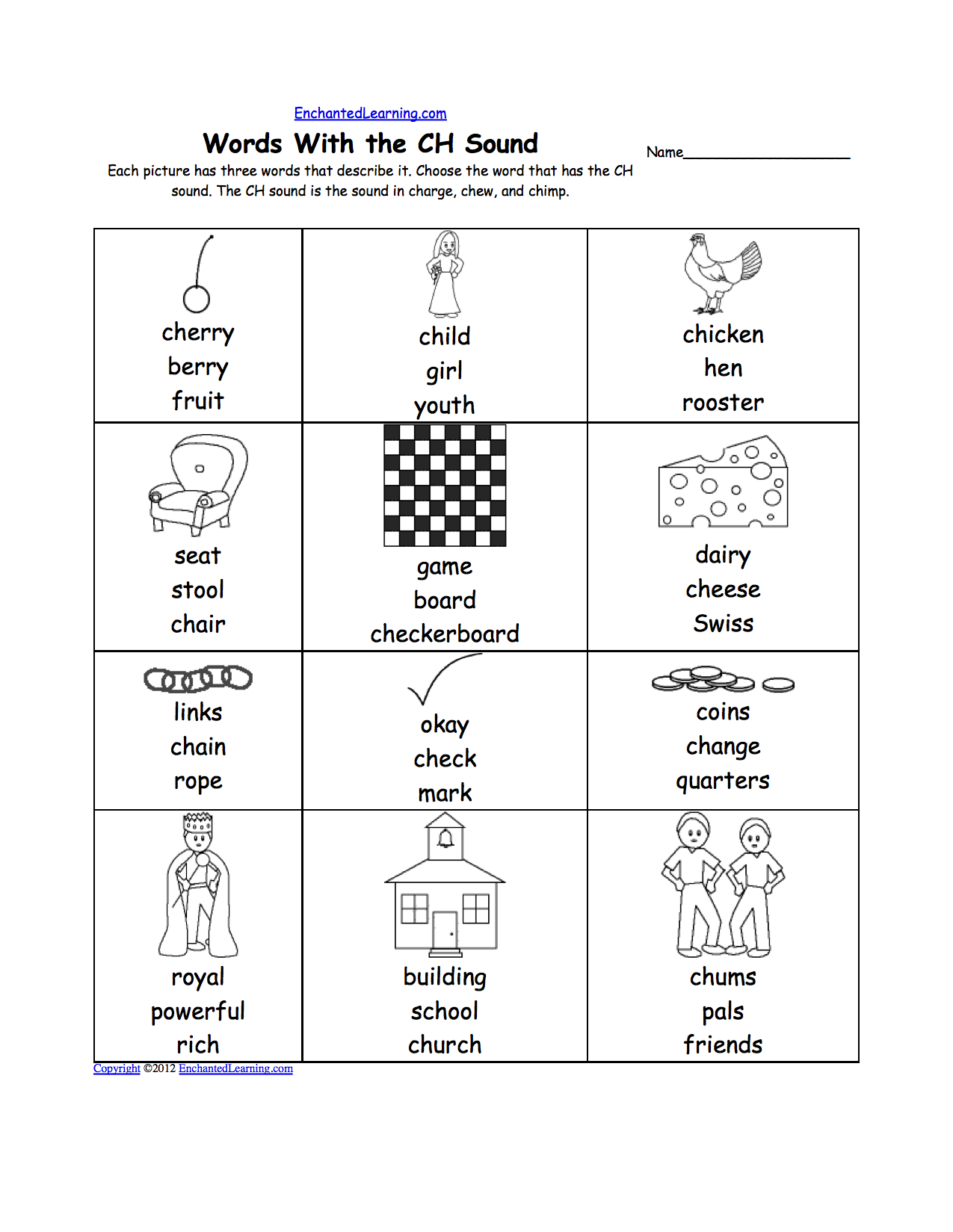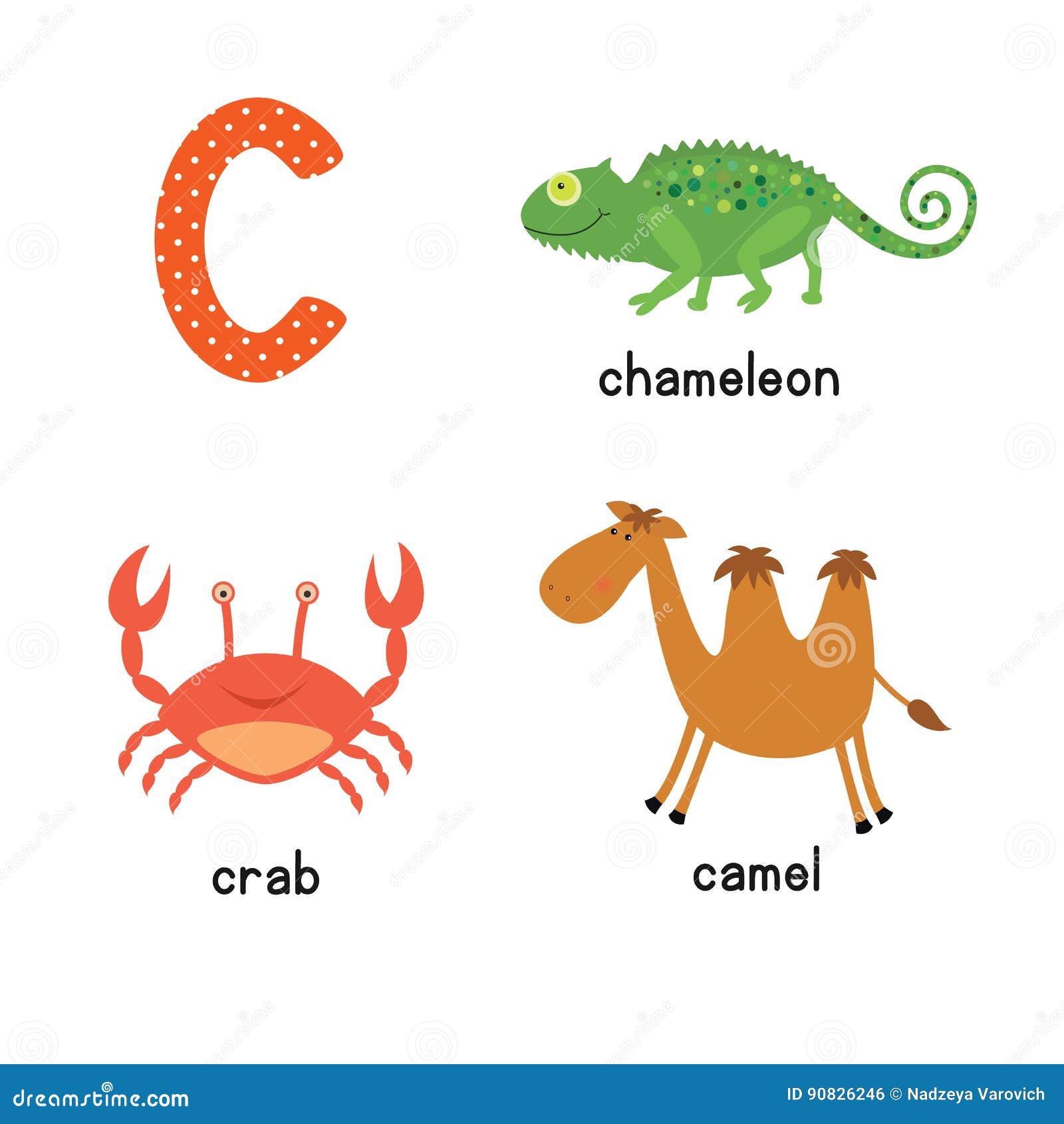
Cellar door – a phrase mentioned as an example of a word or phrase that is beautiful purely in terms of its sound without regard for its semantics.Anti-humor – a form of ironic humor involving saying something that is meaningless or not funny when the audience expects it to be funny.Westbury said "Strange as it may seem, that same mechanism may be activated when you see an unlikely looking word or a highly taboo one – you experience relief as you recognize that it's completely harmless – just a joke." See also To provide a possible evolutionary explanation of these phenomena, the authors of the study said that unusual occurrences may be experienced as indicating the presence of potential threats, and that humor may be a way of signalling to others that one has realized that a perceived threat is actually harmless. Violating expectations corresponds mathematically to having a low probability combination of letters, which also makes the word seem particularly funny, according to Westbury. According to Westbury, "One reason puns are funny is that they violate our expectation that a word has one meaning". The idea that humor can be predicted by a word's entropy corresponds to the work of 19th-century German philosopher Arthur Schopenhauer, who posited that humor is a product of one's expectations being violated. The entropy explanation also supports the notion that words with a 'k' in them tend to be more funny, as the letter 'k' is one of the least frequently used letters in the English language. According to Westbury, "there's actually a consistent relationship between how funny are and how weird they are". Seuss, were found to have less probable letter combinations and to seem funnier than most ordinary English words. Nonsense words such as "rumbus", "skritz", and "yuzz-a-ma-tuzz", which were created by children's book author and illustrator Dr. Entropy (specifically Shannon entropy) here expresses how unlikely the letter combinations in certain nonsense words are: the more unlikely the letters are to be used together in English, the more funny the combination is likely to be found. The study's lead author, Chris Westbury from the University of Alberta, suggests that the humor of certain invented words can be explained by the property of entropy. There's a sense of relief – of getting away with it." Īfter removing from consideration the words that seemed rude, another factor was suggested to also be significant. To explain why these words seemed funny, the study's author said "The expectation that you've read or uttered a rude word is raised – and then violated, because in fact it's harmless nonsense. This category included four of the top-six nonsense words that were rated the funniest in the experiment: "whong", "dongl", "shart" (now slang, not a nonsense word ), and "focky". The funniest nonsense words tended to be those that reminded people of real words that are considered rude or offensive. The study used a computer program to generate pronounceable nonsense words that followed typical English spelling conventions and tested them for their perceived comedic value to human test subjects. Rudeness and entropy Ī 2015 study published in the Journal of Memory and Language examined the humor of nonsense words. Beard's first book was The 100 Funniest Words in English, and among his own selected words are "absquatulate", "bowyangs", "collywobbles", "fartlek", "filibuster", "gongoozle", "hemidemisemiquaver", and "snollygoster".

Robert Beard, a professor emeritus of linguistics at Bucknell University, told an interviewer that "The first thing people always write in about is funny words". The other duck said: "I was going to say that!" His LaughLab tested the degree of funniness among a family of jokes based on animal sounds the joke rated the funniest was also the one with the most k sounds: Richard Wiseman, a professor of the public understanding of psychology at the University of Hertfordshire, conducted a small experiment to determine whether words with a k sound were actually considered funnier than others for English speakers. Cockroach is funny – not if you get 'em, only if you say 'em.

You know what words are funny and which words are not funny. Vaudeville words can be found in Neil Simon's 1972 play The Sunshine Boys, in which an aging comedian gives a lesson to his nephew on comedy, saying that words with k sounds are funny: įifty-seven years in this business, you learn a few things.


 0 kommentar(er)
0 kommentar(er)
